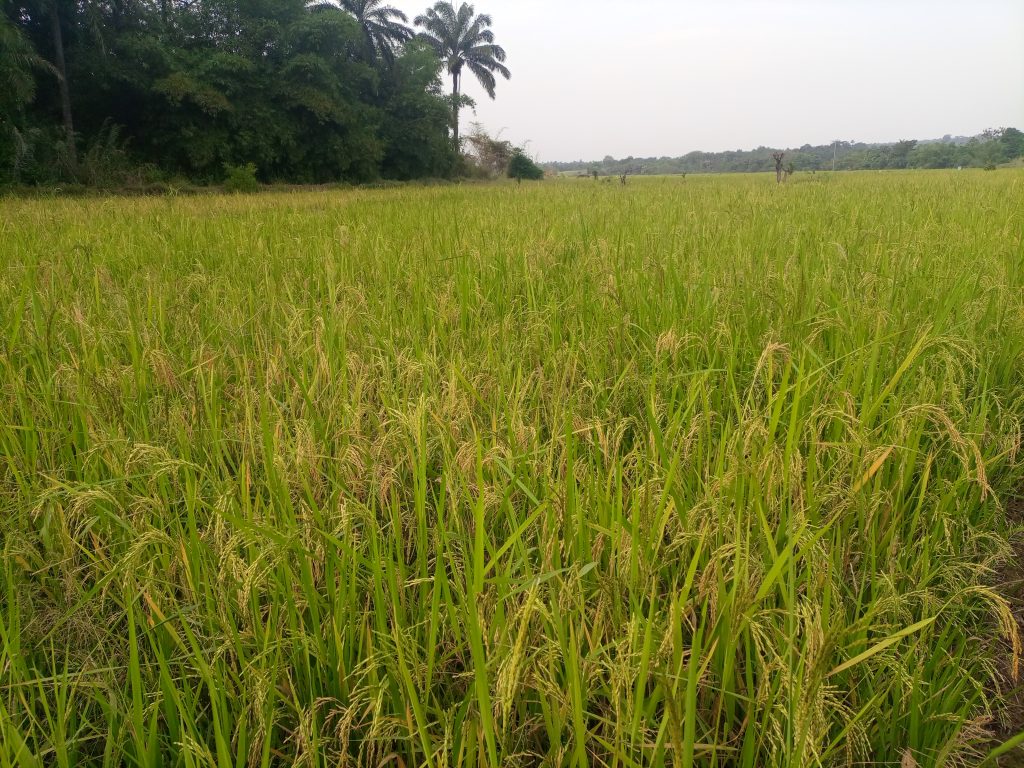The growing population of Nigeria calls for urgent need to establish food banks to ensure food availability for the country all year round. The population of Nigeria had increased from about 31 million in 1953 to 55.7 million in 1963. In 1991 it was about 88.9 million. In 2006, population of Nigeria increased to 140 million. Today it is over 200 million. The world population has also increased to over 7.6 billion. The problems are who will feed the growing population and how do they feed them? Therefore, adequate provision of food banks is one of the essential elements in ensuring availability of food to the teeming population of Nigeria.
The government should provide adequate Agricultural storage facilities in all the local government areas. This initial provision should focus on storage facilities for grains such as maize, rice, beans, soya beans, wheat, guinea corn etc. Modern grain storage equipment like silos should be installed and in addition other equipment could be used for the storage. It is necessary to protect the grains from pests and disease attacks before, during and after harvest. These grains should be treated with storage and preservative substances preferably organic insecticides before they are stored in the silos.
The food banks should be established in all the local government headquarters and major markets in the communities across the country. The essence of the food banks should be to prevent seasonal hunger, reduce post-harvest losses and maintain a fair market stability of good grains throughout the year. The operation of the food banks should be handled by the three arms of government. The Federal Ministry of Agriculture, States Ministries of Agriculture, agric departments in the various local governments, agric agencies and programs namely ADPs, and IFAD-Value Chain Development Program, should all be involved in the operation of the food banks.
In addition, farmers are to be encouraged to bring their harvest to the nearest food storage depots for onward storage into the food banks. Farmers can also deposit their grains with the government in the food banks for protection against pests and diseases and for preservation and security against post-harvest losses. Those farmers who deposit their grains in the food banks should be issued with certificates of deposits indicating the quantity and values of the food products, and the names of the depositors. The duty of the operators of the food banks is to keep the food products in good condition and release them to the farmers during planting periods and adverse conditions or period of famine. These stored Agric products in the food banks should be well preserved for long periods of time without reducing the quantity, quality and market values of the products. Hence, there is need to ensure continuous circulation of food from the food banks to the markets for the farmers and consumers.
Food banks are very essential in feeding a teeming population. An English economist, Thomas Malthus in 1798, noted that the world’s population will ultimately go beyond food supply, stating that while food production will be increasing in arithmetic order, the population will be increasing in geometric order. Thus, adequate provision of food banks are essential elements, guarantee and insurance against hunger, starvation, malnutrition and poverty in a developing economy like Nigeria.
Written by LIVINUS NNEBEDUM/









Comments are closed for this post.